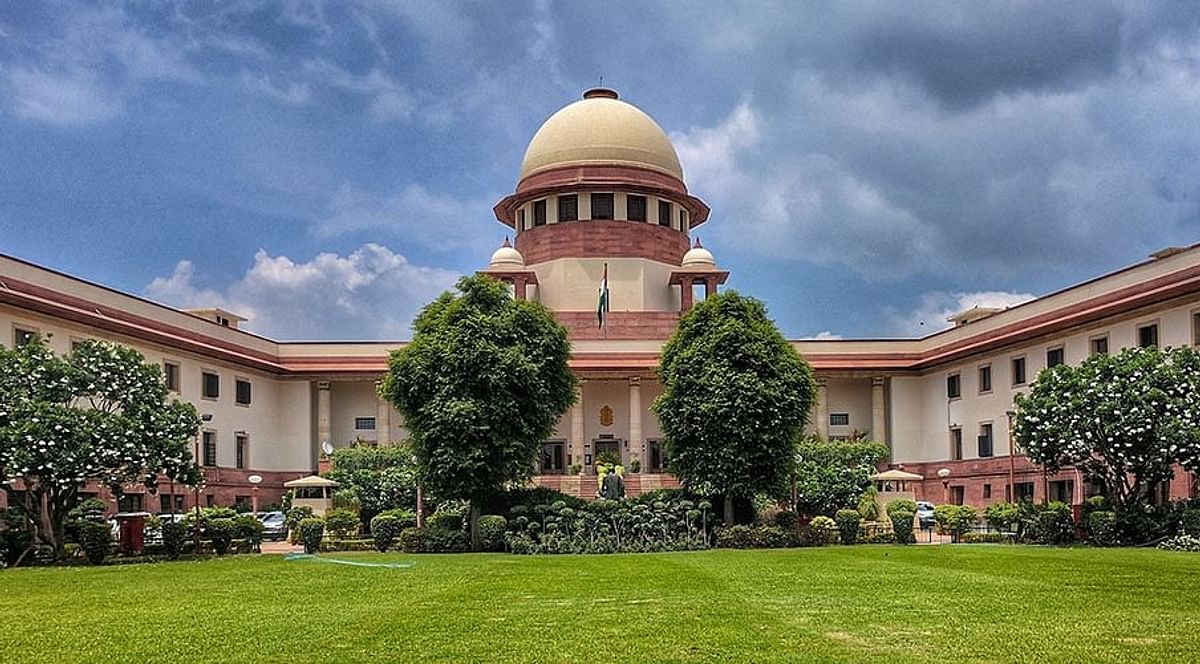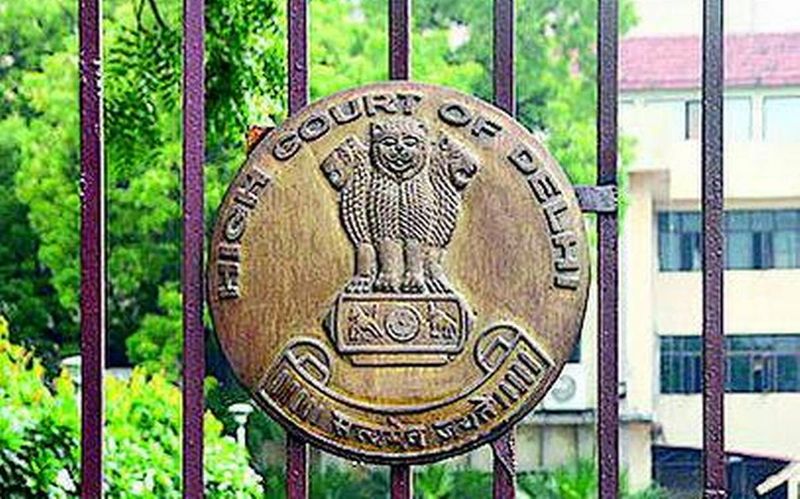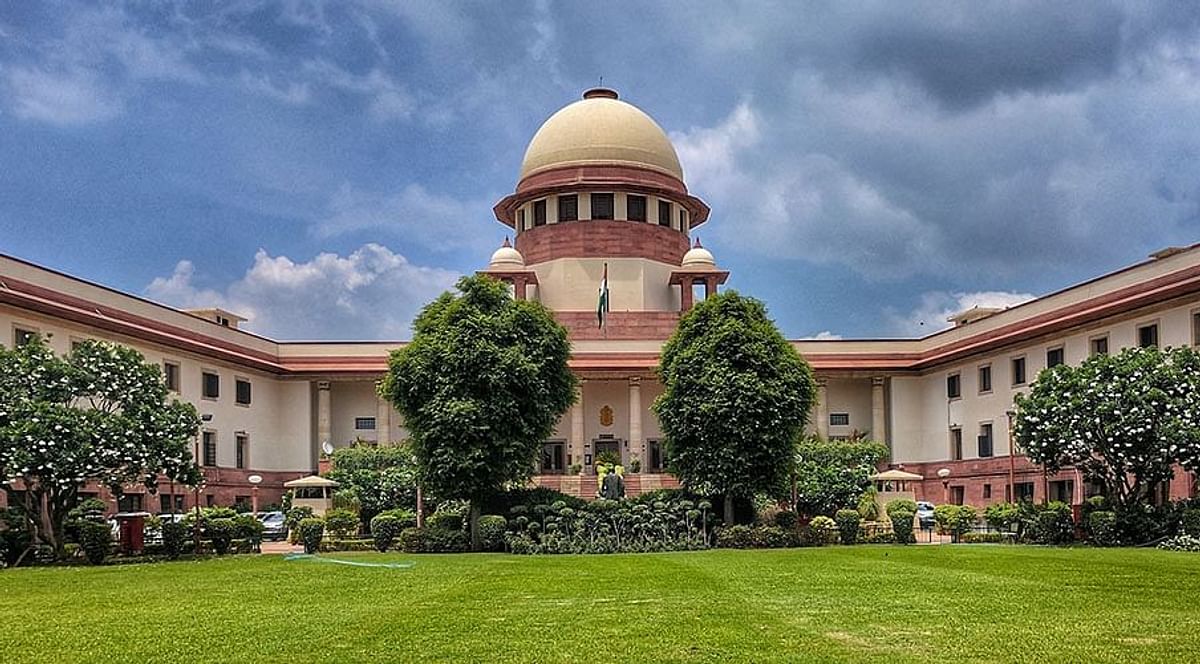

After special court has taken cognisance of complaint, ED can't arrest accused: SC
<button class="rounded-lg text-token-text-secondary hover:bg-token-main-surface-secondary"></button><button class="rounded-lg text-token-text-secondary hover:bg-token-main-surface-secondary"></button><button class="rounded-lg text-token-text-secondary hover:bg-token-main-surface-secondary"></button>
<button id="radix-:r47:" class="cursor-pointer rounded-md px-1 text-token-text-secondary h-[30px] hover:bg-token-main-surface-secondary" type="button" aria-haspopup="menu" aria-expanded="false" data-state="closed"></button>
After special court has taken cognisance of complaint, ED can't arrest accused: SC







 OpinionExpress.In
OpinionExpress.In















Comments (0)